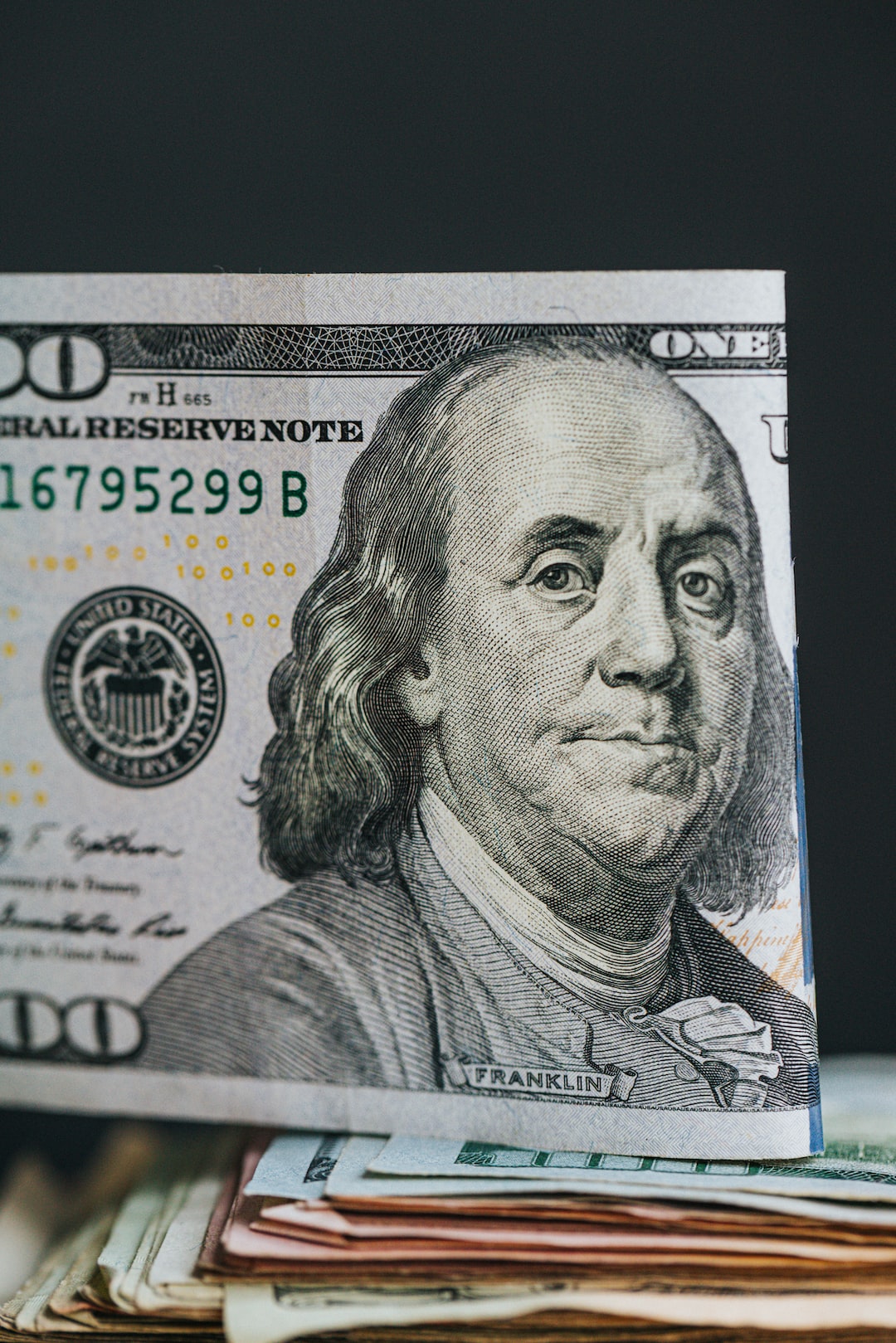Forex reserves refer to a country’s foreign currency holdings that are used to finance imports, repay external debts, and stabilize the domestic currency’s value. These reserves, which are typically held in the form of foreign exchange, gold, and other reserve assets, are an essential component of a country’s economic stability and financial security. The forex reserves of a country can fluctuate over time due to various factors, including changes in economic conditions, currency exchange rates, and government policies. In this article, we will explore what makes forex reserves go up and down.
Factors that can increase Forex Reserves:
1. Trade Surplus: A trade surplus occurs when a country exports more than it imports. This results in an inflow of foreign currency, which increases the country’s forex reserves.
2. Foreign Direct Investment: Foreign direct investment (FDI) is when a foreign company invests in a business or property in another country. This investment results in an inflow of foreign currency, which increases the country’s forex reserves.
3. Foreign Borrowing: A country can borrow money in foreign currency, which increases its forex reserves. However, this can also lead to an increase in external debt, which can be a cause for concern.
4. Increase in Exports: An increase in exports results in an inflow of foreign currency, which increases the country’s forex reserves.
5. Increase in Remittances: Remittances are money sent back home by people working abroad. An increase in remittances results in an inflow of foreign currency, which increases the country’s forex reserves.
Factors that can decrease Forex Reserves:
1. Trade Deficit: A trade deficit occurs when a country imports more than it exports. This results in an outflow of foreign currency, which decreases the country’s forex reserves.
2. Capital Flight: Capital flight is when investors move their money out of a country due to economic or political instability. This results in an outflow of foreign currency, which decreases the country’s forex reserves.
3. Depreciation of the Currency: A depreciation of the domestic currency makes imports more expensive, which can result in a trade deficit. This can lead to a decrease in forex reserves.
4. External Debt Repayment: When a country repays its external debt, it results in an outflow of foreign currency, which decreases the country’s forex reserves.
5. Speculative Attacks: Speculative attacks occur when investors bet against a currency’s value. This can lead to a decrease in forex reserves as the central bank intervenes to prop up the currency.
In conclusion, forex reserves are an essential component of a country’s economic stability and financial security. They can fluctuate over time due to various factors, including changes in economic conditions, currency exchange rates, and government policies. By understanding what makes forex reserves go up and down, policymakers can take steps to maintain adequate reserves and ensure their country’s economic stability.





